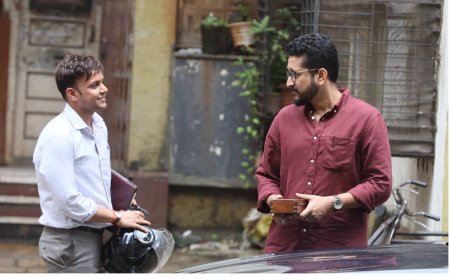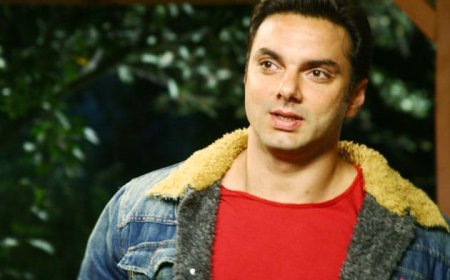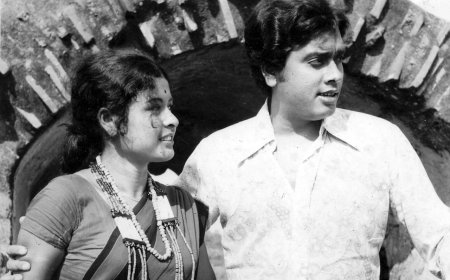RITUPARNO GHOSH: TRIBUTE ON HIS TENTH DEATH ANNIVERSARY
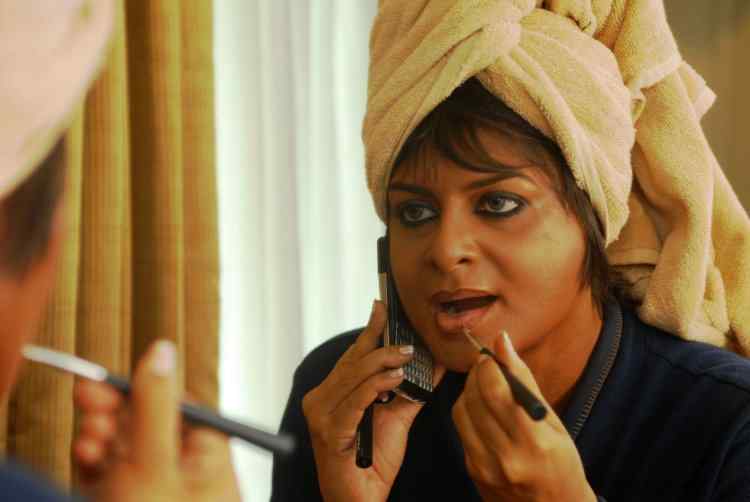
As a tribute, Dr. Shoma A. Chatterji, a renowned Indian film scholar and author, writes about Rituparno Ghosh.
Rituparno Ghosh passed away at the relatively young age of 49 on May 30 ten years ago. His going away deprived the intellectual, artistic and cultural world of what he could have contributed had he lived for another two decades. Cinema was his major forte but it was not his only channel of creative expression. He was a brilliant journalist with a facile pen who edited a Bengali film fortnightly for several years and till his passing away, edited the Sunday pull-out Robibar of a leading Bengali daily. He anchored a celebrity talk show called Ebong Rituparno that had very high TRPs not only for the informal manner in which he organized the show but also because of the controversies some of the episodes raised.
He wrote the screenplay and dialogue of almost all his films. Among his dozen-and-odd National Awards, he received the Best Screenplay Award for Dahan. He even wrote some of the most memorable lyrics in recent Bengali cinema for Khela, which he wrote and directed. Bariwalli was based on a short story he had written for a woman’s magazine. The two greatest influences in shaping him apart from his parents were Tagore on the one hand and Mahabharata on the other. “While Tagore is very close to me who I walk with and who sometimes holds my hand, Mahabharata is a frame of reference I fall back on whenever I feel like it.” He left behind a rich library of more than two lakh books.
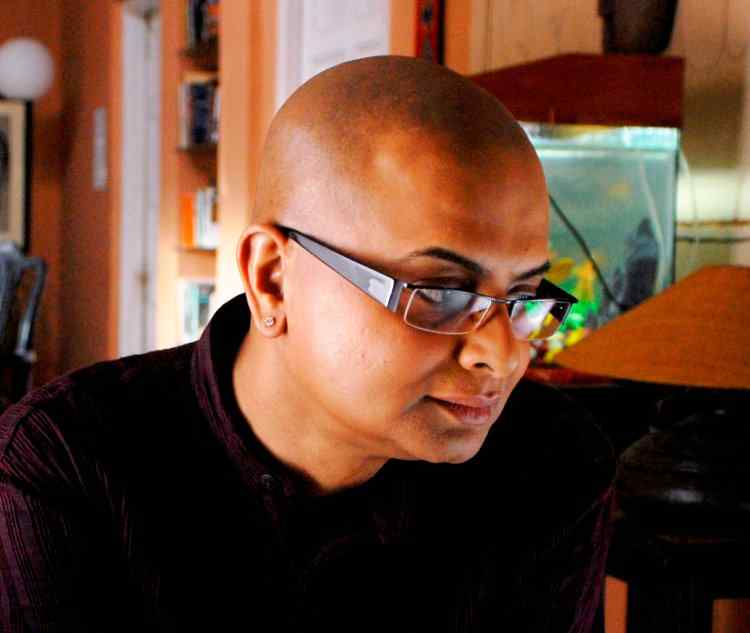
After Hirer Angti (1992), he followed with a series of films that centered on some issue linked to the woman question. Whether it began with Unishe April followed by Dahan, Asookh and Bariwalli, or whether he dipped into literature for his celluloid source such as Tagore’s Chokher Bali (2003) or a film rooted in William Shakespeare’s King Lear in The Last Lear, or his last film Chitrangada, not a single female character defines the celluloid stereotype of the simpering martyr, the willing victim or the femme fatale.
A study in his films shows that this defiance of stereotype is not necessarily deliberate and conscious but is often traced back (i) to the literary source the films are based on, (ii) his personal ideology that had a strong feminist streak, and (iii) his personal perspective and perceptions about the story, its unfolding and the positioning of the women within them. One unique element in his scripts is that he treated every single character with respect.
In the beginning, Ghosh was preoccupied with cinema as a smaller world within the larger parameters of the social matrix. He used the self-reflexive style to explore the psyche, the mindset of people involved in films. This self-exploration, self-questioning, self-critique was a strong under-current in Asookh, Utsab and Bariwali. He returned to this self-reflexive center later in Shuvo Muhurt, Khela, Abohomaan, Arr Ekti Premer Golpo and The Last Lear. The main story ran on a different track while the film-within-the-film formed an important sub-text.
The film that is truly autobiographical is Chitrangada – The Crowning Wish. It takes inspiration from Tagore’s dance drama and the Mahabharata episode to present the protagonist’s and director Ghosh’s personal struggle with his androgyny and its understanding, acceptance and recognition by the mainstream. He explored poetry in Shob Choritro Kalponik and Khela and dance in Chitrangada – The Crowning Wish and Unishe April. He made Raincoat in Hindi and The Last Lear in English. He extracted unparalleled performances from mainstream actors and actresses like Debasree Roy, Rituparna Sengupta, Indrani Haldar, Kiron Kher, Aishwarya Rai, Amitabh Bachchan, Arjun Rampal, Konkona Sen, Ajay Devgun, Bipasha Basu and Raima Sen among many others. He turned top mainstream actor Prosenjit’s career completely around by stripping the star of his commercial image that gave his career a new lease of life.
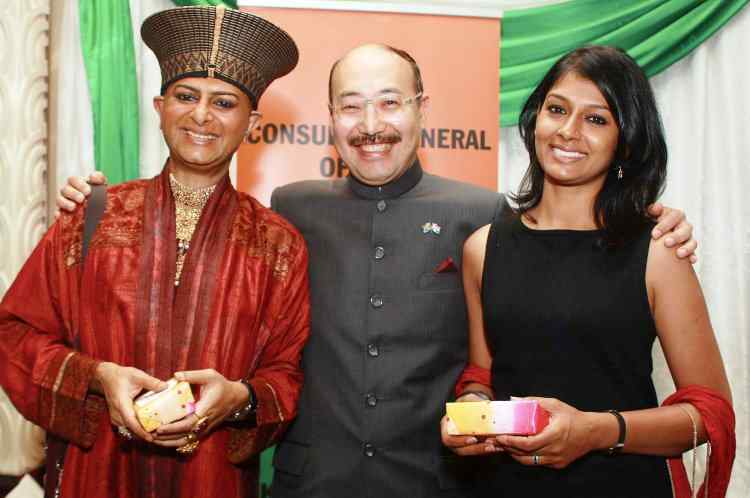
About Bariwalli, he said, “The film is about specific forms of exploitation of individuals that we, as filmmakers, practice with impunity”. He takes his argument to its final denouement without any trace of self-pity. “The fact that the exploiter in my film is a man and the exploited consists of two women – Sudeshna and Bonolata, is incidental. The issue is of universal vulnerability to the predatory instincts of the creative person.”
In Unishe April Ghosh liberated the censored and distorted image of the screen mother from the taboos and constraints of patriarchal culture to place it as the subject of psychological study and sociological inspiration for a feminist reading. Ghosh took great care to choose the decor of the duplex-apartment to establish a definite relationship between the decor and his two protagonists. The walls of the elaborately decorated and furnished drawing room downstairs are flush with huge photographs and posters of Sarojini bedecked in her dance costume and jewellery. The telephone on the writing desk, the pad by its side with the pen defines, once again, the method and the perfection in her life.
In Dahan (1997), he uses the female voice-over as a framing device in the circularly structured film. This strategy destabilizes the popular practice of using a male voice-over to register the authority of the male. The female voice functions in relationship to one of the major visible characters on screen. Dahan sheds light on the changing matrix of the family in Indian metros today. The family’s relationship to the physical spaces it occupies is less important than its relationship to the emotional spaces created, sustained and destroyed between and among the members who constitute the basic structure of the family. The family mirrors society and the society reflects the family where both are gendered in particular ways, especially within the patriarchal paradigm.
The journey that began with the not-very-inspiring Hirer Angti went through different phases – human interactions captured in different manifestations – Dosar, Shob Charitra Kalponik, Khela, extended family drama – Utsab, literary classics – Chokher Bali, Noukadubi and Chitrangada – The Crowning Wish, (Tagore), Antarmahal (Tarasankar Bandopadhyay), Shuvo Muhurt (Agatha Christie), Raincoat (O. Henry) and The Last Lear (William Shakespeare).
Just Another Love Story (Aar Ekti Premer Golpo) explores alternative sexual orientations and identities across two generations. One is based on the tragic true story of Chapal Bhaduri who plays himself in the larger film as the subject of a documentary being made within the film by a Delhi-based filmmaker. The other is about Abhiroop Sen (Rituparno Ghosh), the filmmaker who is gay and has an ongoing relationship with the cinematographer in the film-within-the-film.
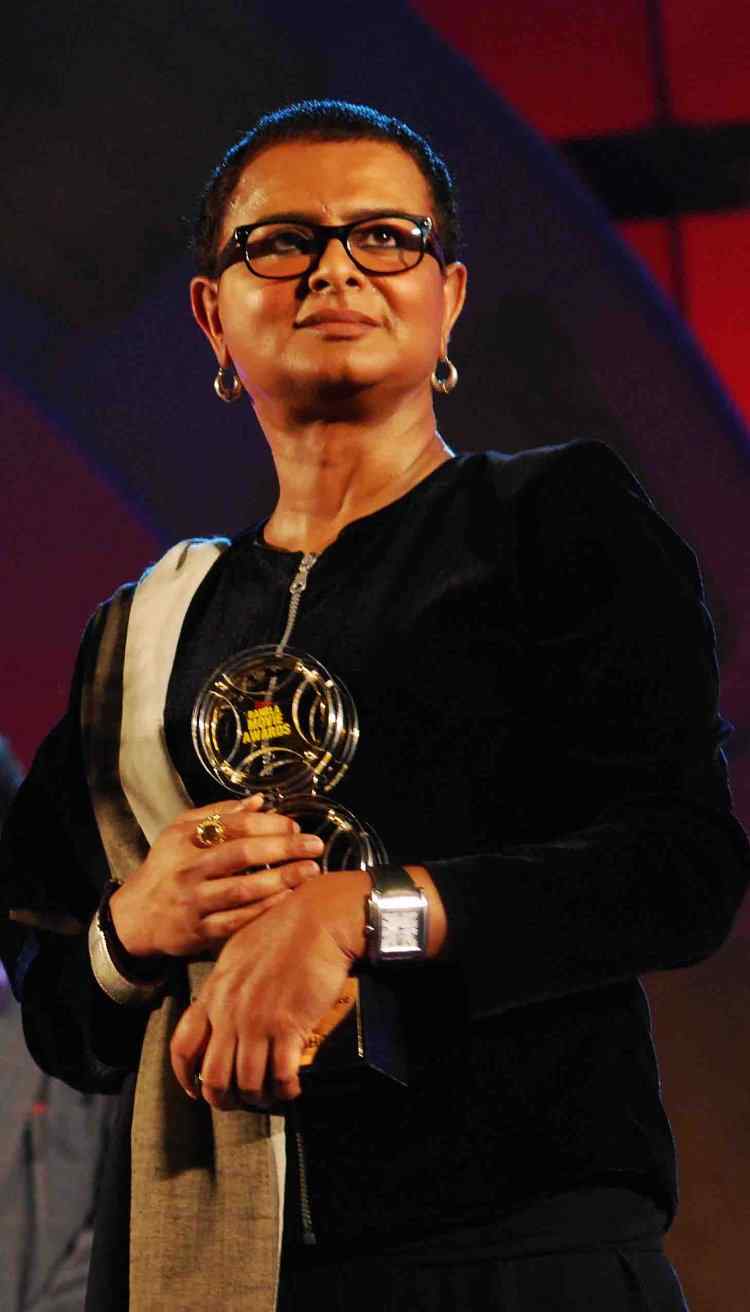
About Memories in March, Ghosh said, “the film is more about the blurring of the boundaries between the ‘insider’ and the ‘outsider.’ It is a kind of challenge posed to the water-tight compartments we place the ‘insider’ versus ‘outsider’ in. The minority may be seen as an ‘outsider’ by the mainstream. But the ‘minority’ itself considers the mainstream an ‘outsider.’ We have tried to show that it is possible for the subjectively defined ‘insider’ and ‘outsider’ to live in peaceful and harmonious co-existence. It is high time we created spaces for the gay person and his manner of behaviour in mainstream society not only and not always through an amorous relationship. The film shows how a gay person behaves when he does not necessarily have a lover.”
No Indian feature film has ever touched upon sex reassignment surgery undergone by a man to become a woman. Chitrangada – The Crowning Wish, written and directed by Ghosh tackles this issue head-on through the eyes of its protagonist Rudra Chatterjee enacted by Ghosh himself. Rudrajit is a dancer-choreographer who is in the process of choreographing Rabindranath Tagore’s dance drama Chitrangada (1898) to celebrate the bard’s 150th birth anniversary. He is gay and evolves a relationship with the replacement drummer, Partho, a drug addict.
But his performance as an actor made him very narcissistic about the camera and the director in Ghosh began to slowly recede to give priority to the actor and star Rituparno. Sad, but true.
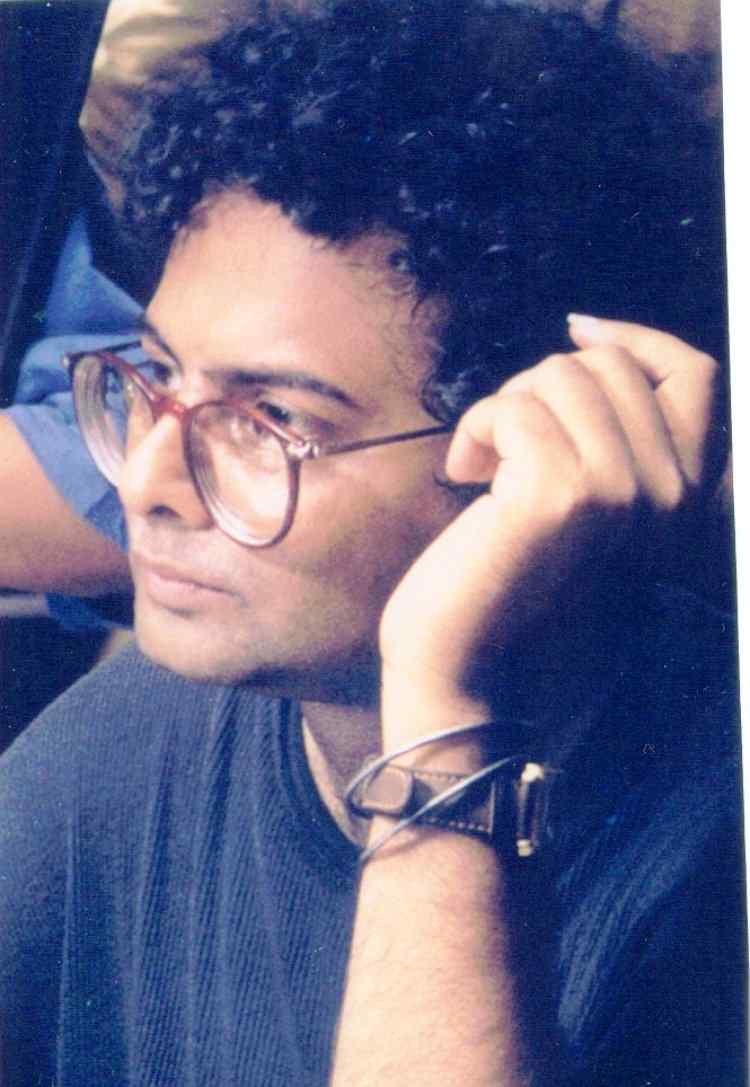
***
What's Your Reaction?







